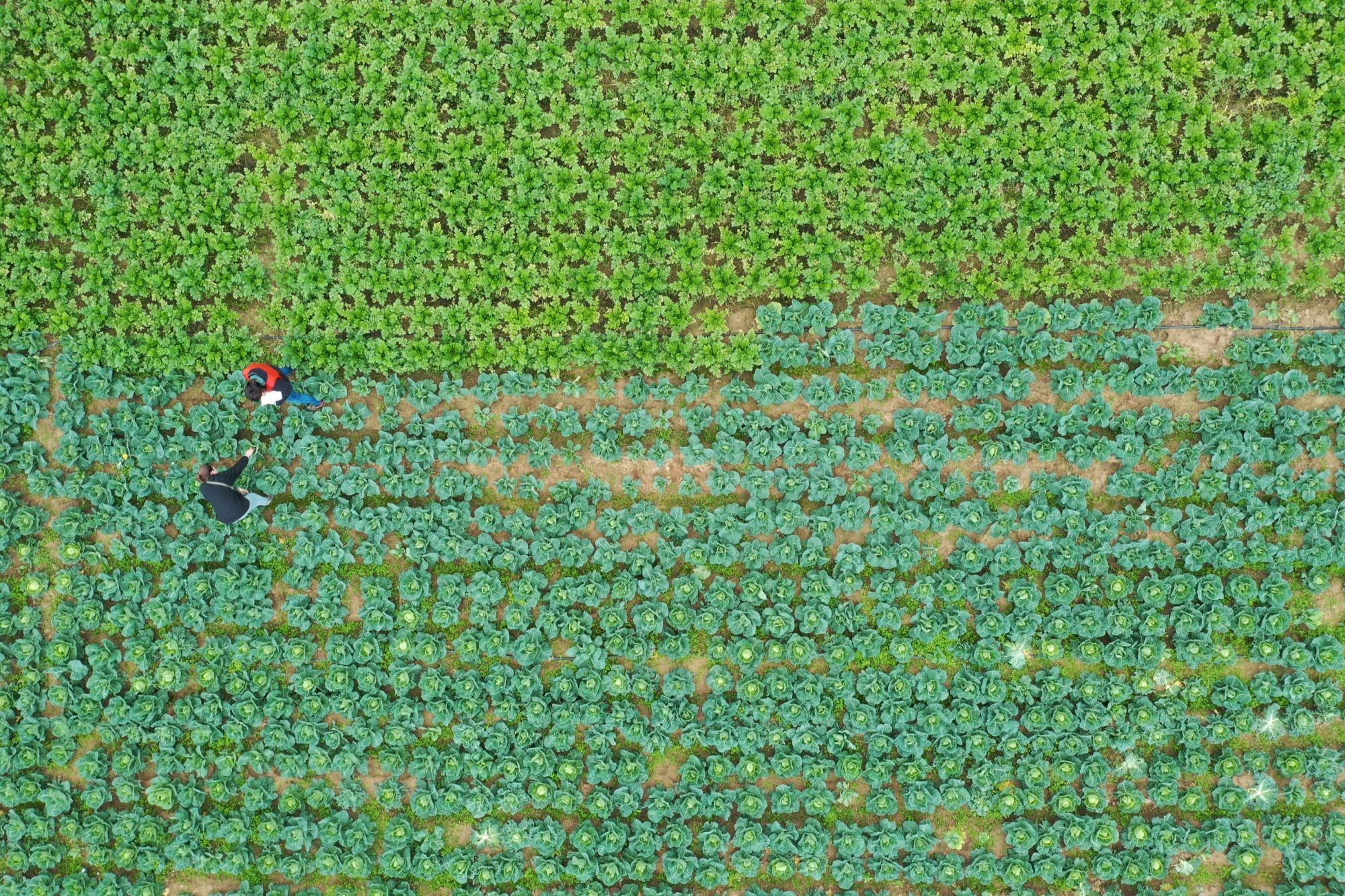BETA TC participates in the development of a new ISO standard to quantify food losses and waste
This new standard, currently under development under the name ISO/TS 20008, will address all stages of the food supply chain

The BETA Technology Centre has been admitted to the international working group that is developing a new ISO standard to establish methodologies for quantifying food loss and waste. This new standard, currently under development under the name ISO/TS 20008, will address all stages of the food supply chain, from primary production to domestic consumption. Its drafting and validation is expected to continue until March 2026.
The standard will include standardised definitions and terminology, technical descriptions of existing methodologies and guidance on their application according to the stage of the food chain. It will also assess the accuracy of the different methods available to ensure the comparability and reliability of the data obtained.
This standardisation process is being carried out within the framework of the International Organisation for Standardisation (ISO), an independent, non-governmental body that promotes the development of agreed international standards. Although the adoption of these standards is voluntary, they are widely recognised and often support the development of new legislation and public policies in various fields.
One of the results of the FOLOU project
CT BETA’s participation in this process is part of the European FOLOU project, which seeks to establish a harmonised framework for quantifying food loss during primary production. One of the key contributions of the project is the establishment of common definitions and criteria that allow for the collection of comparable data between countries, regions and sectors and facilitate the development of robust indicators.
The FOLOU project also seeks to have this methodology included not only in ISO standards, but also in European CEN standards, to facilitate its adoption at the European Union level. This could encourage its use by companies and administrations, contributing to the definition of more effective policies on food sustainability.
